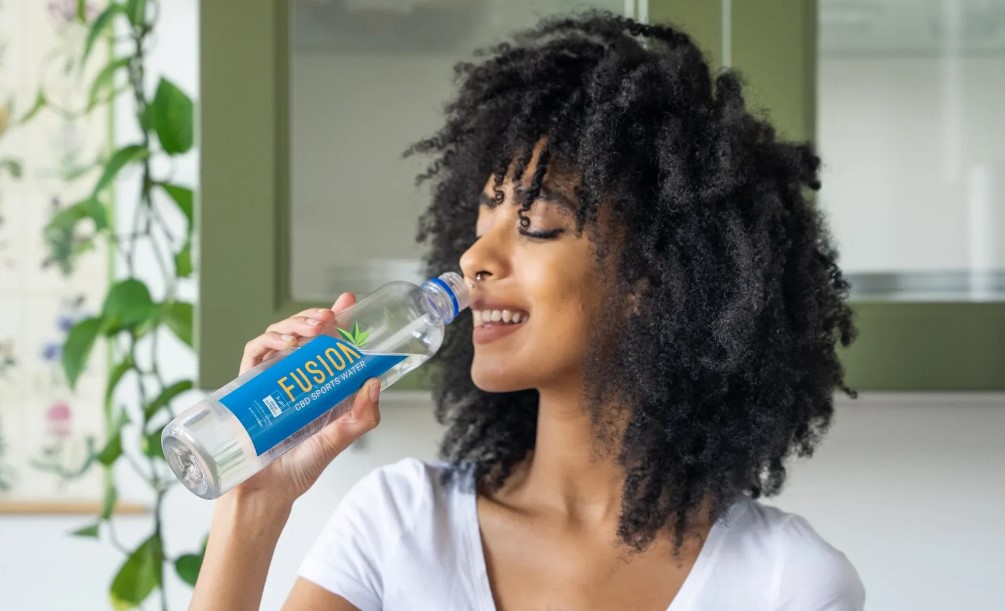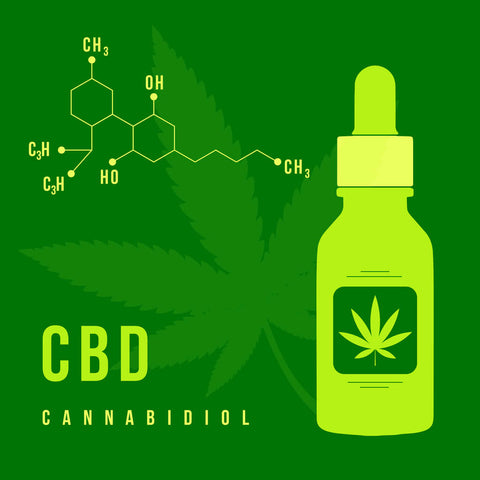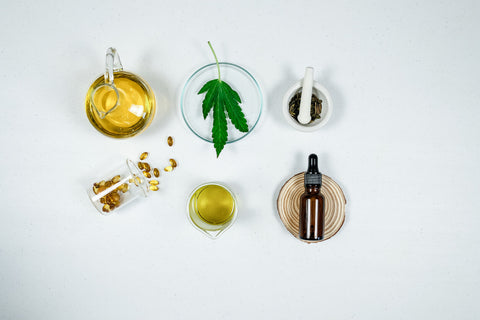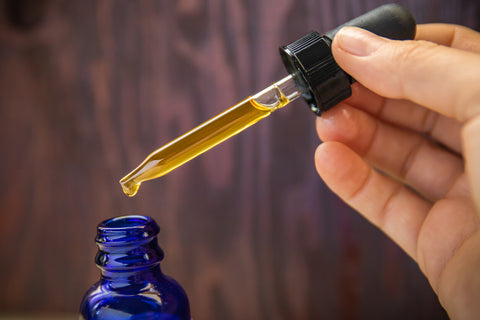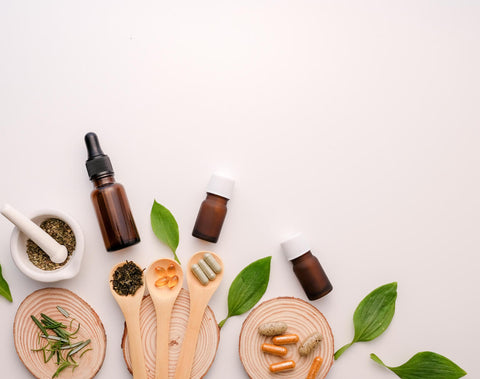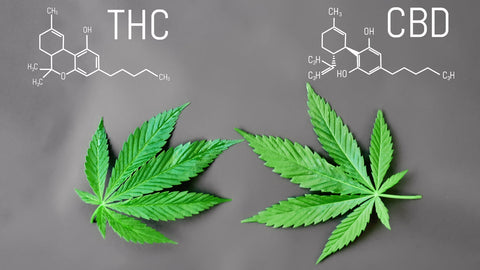Cannabidiol, or CBD, is one of many active compounds derived from the cannabis sativa plant. The other common compound is tetrahydrocannabinol (THC), a psychoactive compound that induces euphoria.
CBD offers as many medicinal and wellness benefits as THC does but without the psychoactive effects. CBD is a safe, natural, and affordable option for pain and inflammation relief. And therefore, it’s excellent for post-athletic recovery.
CBD is now being used in many fields, such as medical, pharmaceutical, and even veterinary, as it has been found to be a powerful natural remedy with many potential benefits. For instance, a recent study by the College of Veterinary Medicine at Cornell University found that CBD products for pets can reduce pain and even anxiety in them.

